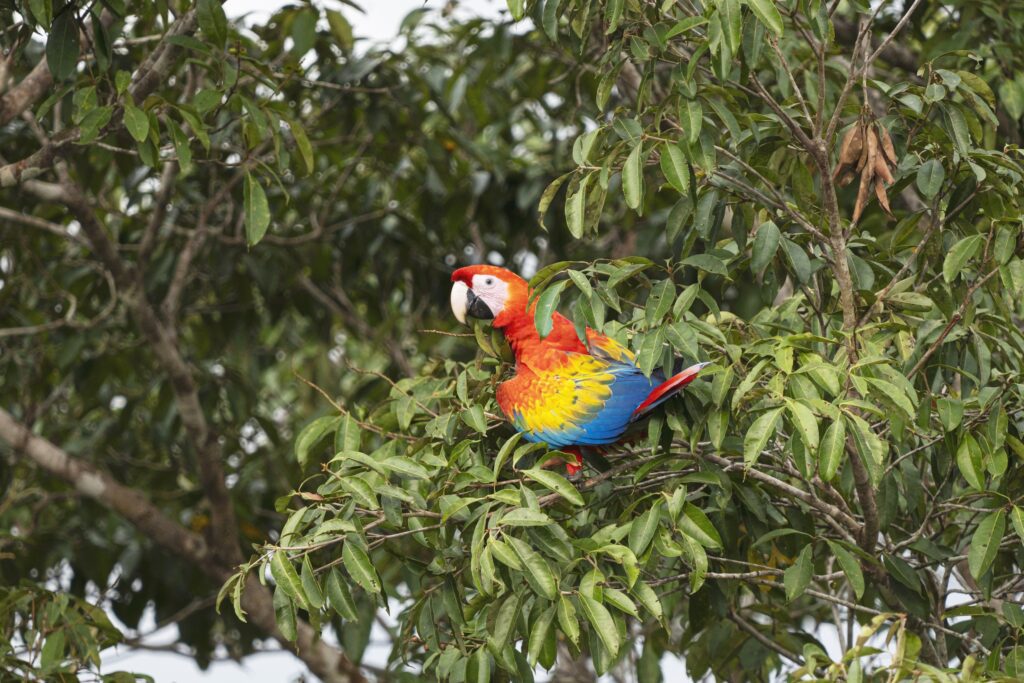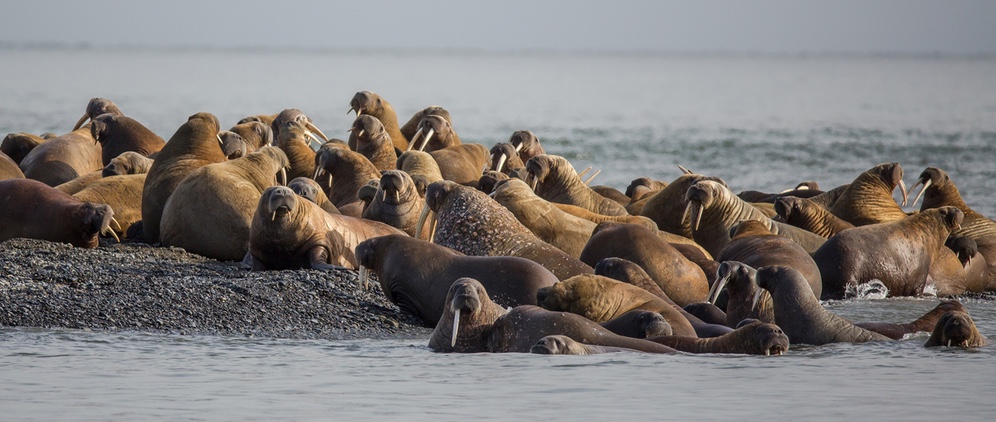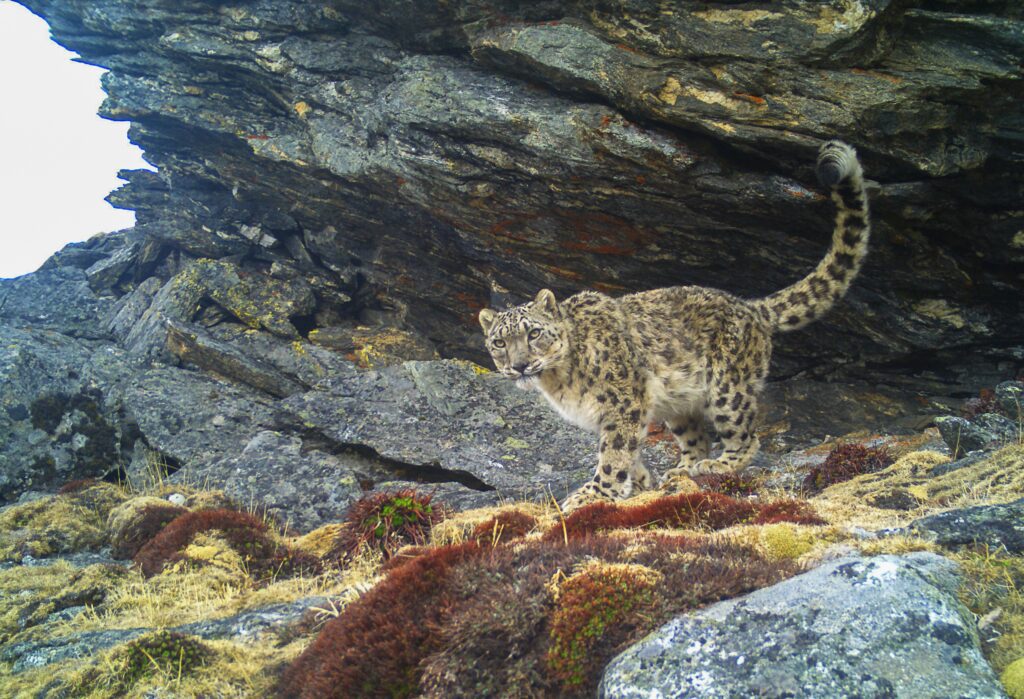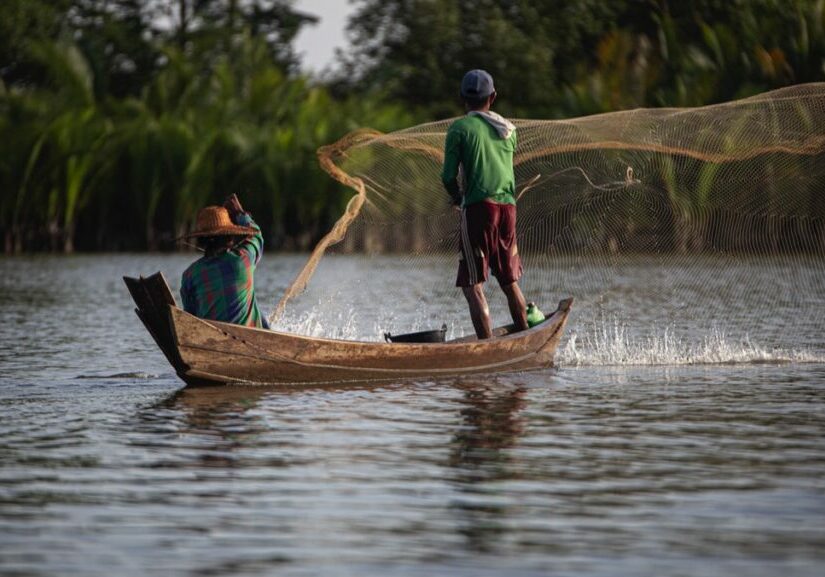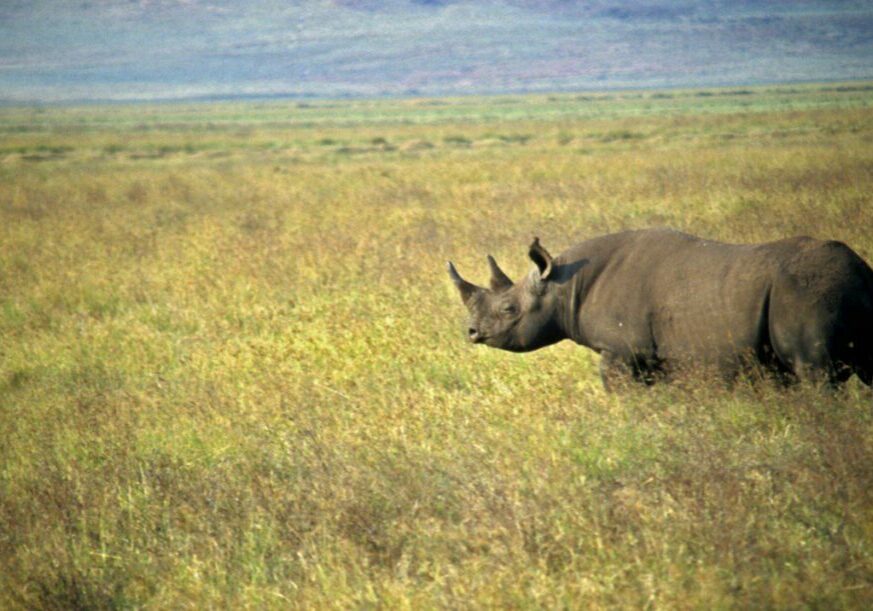Before it drains into Lake Victoria, the Mara river spreads out across a large floodplain, covering an area of around 390 sq km – that’s larger than the Isle of Wight.
These Mara wetlands are home to amazing wildlife, including more than 200 bird species as well as hippos, baboons and vervet monkeys.
And they’re a lifeline for local people too, home to the fish that many depend on for food and income. Around 110,000 people across 27 villages rely on the wetlands for their livelihoods.
But this precious ecosystem is hanging in the balance. Mining, overgrazing and farming too close to the riverbanks are affecting water quality, and overfishing has become a major problem, threatening people’s food security and means of making a living.
In a recent survey, 92% of local people said they’d noticed a decline in fish catches over the past three years. This has implications further afield too, since the Mara wetlands are an important breeding ground and refuge for fish populations in Lake Victoria, which is Africa’s largest inland fishery and a hotspot of fish biodiversity.
We’ve been working with local people and other partners to support sustainable, community-led fisheries management and conservation across the Mara wetlands. Your support has been vital to the project, which is also funded by the UK government’s Darwin Initiative.
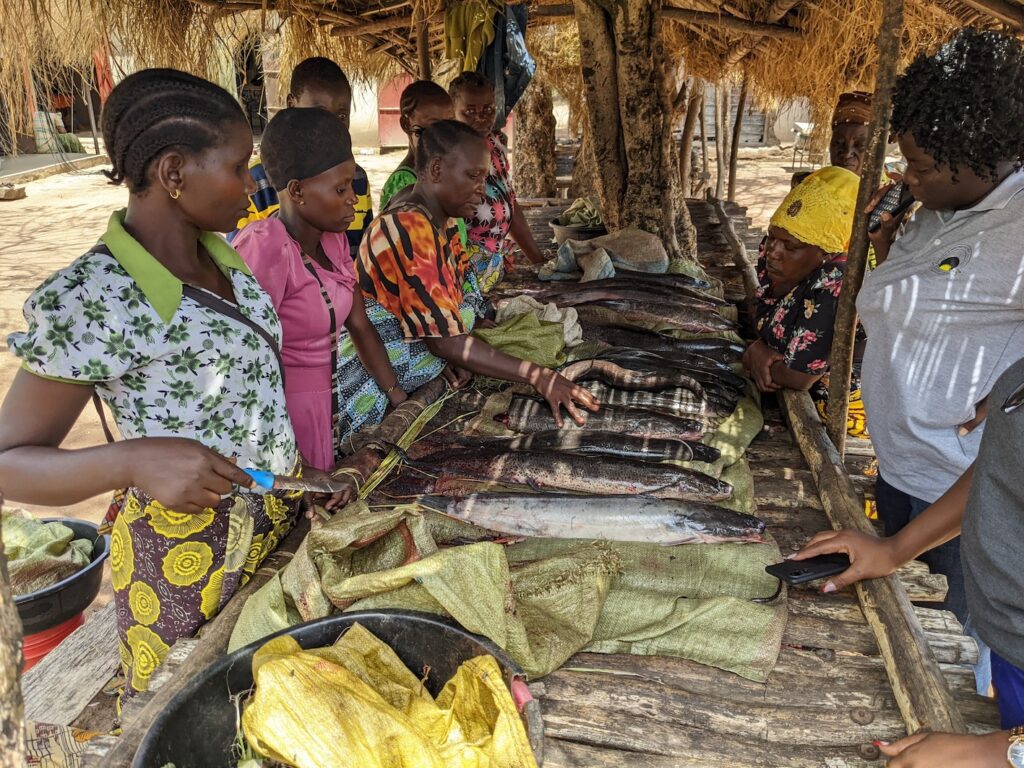
© EMANUEL MOSHI
With your help, we’ve been running a range of programmes to promote sustainable fishing and allow stocks to recover. These have included a fishing gear exchange, where fishers can exchange illegal fishing gear – such as nets with mesh too narrow to let young fish escape – with legal and more sustainable alternatives.
Fishers made a collective pledge to stop using illegal gear, which was publicly destroyed during a village event.
We’ve also helped train 60 women on handling and processing techniques to stop fish from going off after it’s been caught, such as sun-drying, smoking and salting. Reducing waste eases the pressure to catch more fish, while boosting food security and providing a source of income for some of the poorest women in the community.
And it’s not just fishing where you’ve helped make a difference. We’ve also helped train 39 people to monitor the quality of key water sources. This provides an early warning system against potential pollution, and is also empowering communities to take charge of managing their water resources, which will benefit people and wildlife.
Protecting east African landscapes
Find out about our Land For Life project in Tanzania and Kenya
BANNER IMAGE: © GETTY
You helped create a new national park in Colombia
Join our walrus watch!
You supported India’s first national snow leopard survey
More to explore
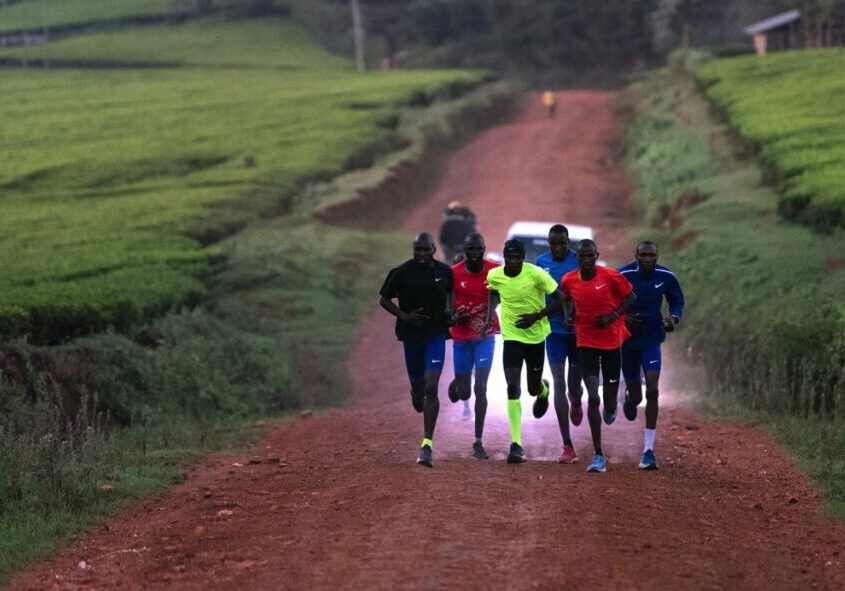
Forest restoration races ahead in Kenya
Thanks to you, a landscape famed for producing world-beating long-distance runners is turning green
